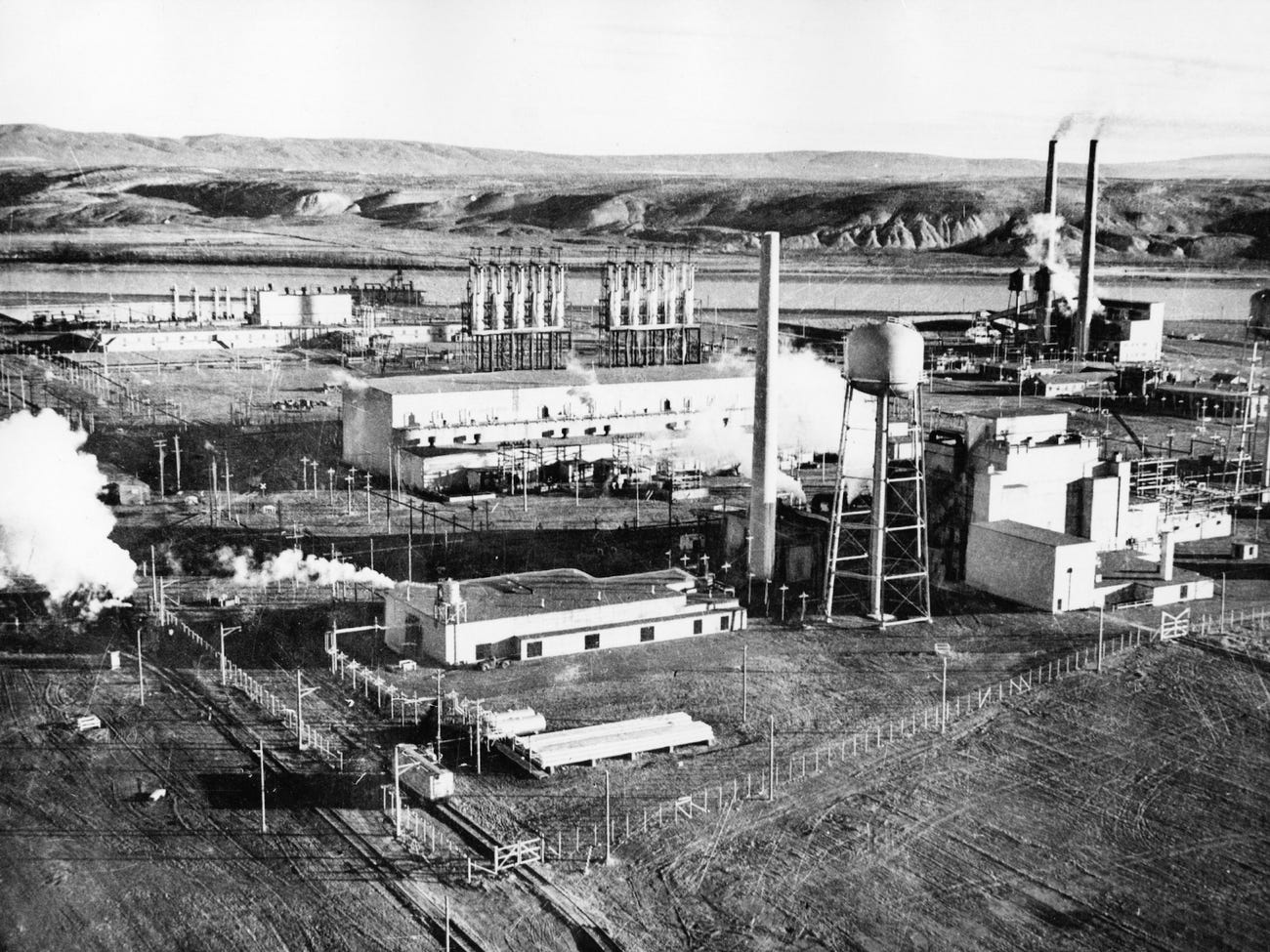CO2 and Nuclear Technologies

Source: NASA
What you need to know
Reducing CO2 emissions is the major focus of strategies to combat global climate change.
Prominent academics and politicians have called for nuclear energy
technologies as a central part of the solution to climate change. The central question is whether
investment in nuclear technology will reduce the greenhouse gas emissions driving global climate change.
Reducing CO2 emissions is the major focus of strategies to combat global climate change. Prominent academics and politicians have called for nuclear energy technologies as a central part of the solution to climate change. The central question is whether investment in nuclear technology will reduce the greenhouse gas emissions driving global climate change.
What is this research about?
Economic and military dynamics are major contributers to the release of carbon emissions. Many governments,
environmentalists, and activists are calling for civilian nuclear power as a part of the solution to global
climate change. A common dimension of pro-nuclear claims is that efficient and "clean" nuclear energy is necessary
as a solution to reducing carbon emissions. Another dimension of this claim is that further nuclear modernization
will innovate to address the limitations of this technology (such as the riddle of nuclear waste).
Less attention has been given to the influence of civilian nuclear technology and militaristic
nuclear weaponry in accelerating carbon emissions around the world. Both nuclear power plants
and nuclear weapons involve complex industrial processes that require enormous amounts of fossil fuel.
Nations that possess nuclear weapons and/or generate civilian nuclear energy often establish a
militarized national security state infrastructure, which can gain momentum and contribute to a society's
overall CO2 emissions.
Economic and military dynamics are major contributers to the release of carbon emissions. Many governments,
environmentalists, and activists are calling for civilian nuclear power as a part of the solution to global
climate change. A common dimension of pro-nuclear claims is that efficient and "clean" nuclear energy is necessary
as a solution to reducing carbon emissions. Another dimension of this claim is that further nuclear modernization
will innovate to address the limitations of this technology (such as the riddle of nuclear waste).
Less attention has been given to the influence of civilian nuclear technology and militaristic
nuclear weaponry in accelerating carbon emissions around the world. Both nuclear power plants
and nuclear weapons involve complex industrial processes that require enormous amounts of fossil fuel.
Nations that possess nuclear weapons and/or generate civilian nuclear energy often establish a
militarized national security state infrastructure, which can gain momentum and contribute to a society's
overall CO2 emissions.

Source: Hulton-Deutsch / Hulton-Deutsch Collection / Corbis / Getty

Source: Avda / CC BY-SA (https://creativecommons.org/licenses/by-sa/3.0)

Source: NASA
What did the researchers do?
The researchers used longitudinal cross-national data from government and academic sources for
136 countries between the years 2001 and 2007. The goal was to understand the effects of economic and
military variables on carbon emissions over time, within a global perspective, and in the
context of nuclear technology.
The researchers used longitudinal cross-national data from government and academic sources for 136 countries between the years 2001 and 2007. The goal was to understand the effects of economic and military variables on carbon emissions over time, within a global perspective, and in the context of nuclear technology.
What did the researcher find?
Nuclear energy production increased carbon emissions.
This challenges a prevailing perspective: the data show that nuclear power, which does not produce
carbon emissions, is not efficient enough when used for civilian energy to offset other forms of
greenhouse gas emissions. On the contrary, carbon emissions continue to rise even when we account
for civilian nuclear energy production. These results are consistent with the core of
empirical research in environmental sociology: increased economic development is consistently
associated with increases in energy consumption and is related to increases in carbon emissions.
Nuclear weapons possession is consistently associated with higher total carbon emissions and
it is the strongest predictor of carbon emissions in the analysis. Nuclear weaponry is
not only tied to our collective Cold War legacy, but also to newfound fears of terrorism and
national security.
Nuclear energy production increased carbon emissions.
This challenges a prevailing perspective: the data show that nuclear power, which does not produce
carbon emissions, is not efficient enough when used for civilian energy to offset other forms of
greenhouse gas emissions. On the contrary, carbon emissions continue to rise even when we account
for civilian nuclear energy production. These results are consistent with the core of
empirical research in environmental sociology: increased economic development is consistently
associated with increases in energy consumption and is related to increases in carbon emissions.
Nuclear weapons possession is consistently associated with higher total carbon emissions and
it is the strongest predictor of carbon emissions in the analysis. Nuclear weaponry is
not only tied to our collective Cold War legacy, but also to newfound fears of terrorism and
national security.

Source: Patrick Pleul / AP
How can you use this research?
Governments and policy advocates can be reminded that there are complex environmental consequences associated with nuclear weapons and nuclear energy production. Understanding the effects of nuclear technologies on carbon emissions can help governments craft broader and more sustainable solutions to addressing global climate change. Environmental and nuclear disarmament organizations may use this research to inform their strategies for linking the critical issues of climate change and nuclear weaponry.

Might nuclear energy also have the destructive potential to cast nuclear shadows?
Source: Yoshito, Matsughige / Hiroshima Peace Memorial